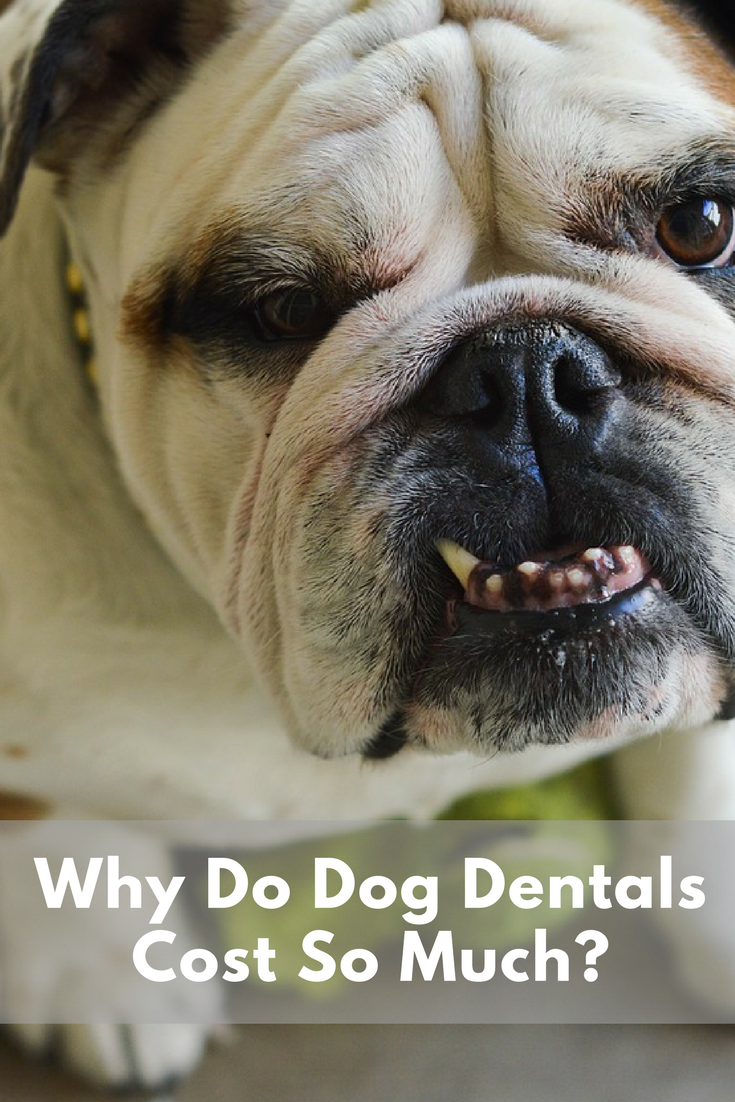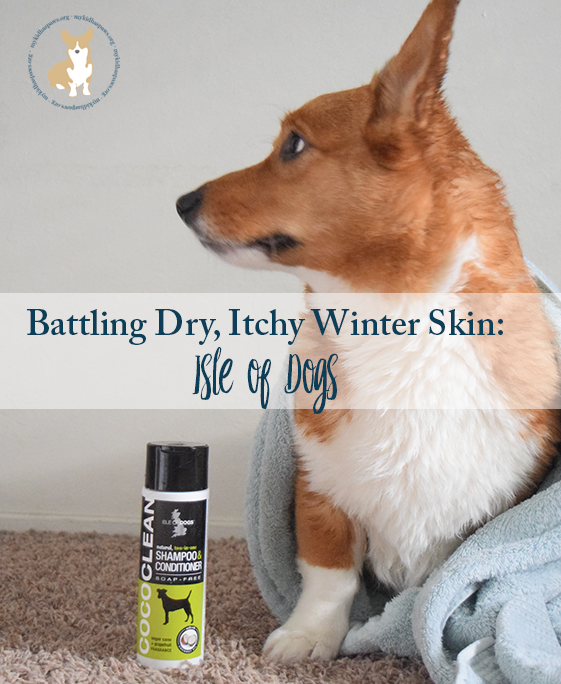While working at the veterinary hospital, I went over an endless number of estimates with our clients. My goal was to make sure that everyone understood the healthcare and treatment they were purchasing for their pet. I felt that if I could help people understand the costs and how they relate to their pet’s overall care, I could help them better understand not only why their pet needed the treatment, but also, why certain treatments were priced at a specific level.
If you read pet blogs at all, you are probably very aware that February is National Pet Dental Health month. This year, instead of talking about the importance of pet dental health like I have in the past, I thought I would take the time to explain some significant variables in the costs of a dog dental.
Firstly, when you visit your vet’s office for your dog’s annual exam, you vet should always examine your dog’s teeth. When looking at their teeth, they are evaluating the health of your dog’s gums, as well as the level of plaque on their teeth. Specifically, they are looking for any areas that might be causing your dog some pain and discomfort.
Periodontal disease is usually under-treated, and may cause multiple problems in the oral cavity and may be associated with damage to internal organs in some patients as they age.” – American Veterinary Dental College
Many veterinarians recommend annual dentals when they see periodontal disease becoming a regular problem in your dog’s overall health. However, most veterinarians will urge you to schedule a dental soon if they feel the level of periodontal disease has increased to a point where your dog is experiencing sensitivity and probably some pain (not to mention the level of plaque that could be on their heart). No matter the circumstance, you always have a right to request an estimate from your veterinarian regarding the costs of the dental. Some pet parents experience a bit of price tag shock when they receive the estimate. Let’s breakdown a few reasons for the costs, fluctuation, and variability in your dental estimate.
Anesthesia
Time and time again, we would hear at the veterinary hospital, “How could a dental cost this much? I saw a dental available at my pet store for $150!”. (Just to give you an idea; the costs of a dental with anesthesia in the Bay Area would be around $400-$600). What most pet parents don’t know is that a $150 dental is called a “gentle dental”. Which means that your dog is not anesthetized during the procedure. I thoroughly outline the reasons I believe your pet shouldn’t have a gentle dental here.
So what you are paying for when you schedule a dental at your veterinarian’s office is a dental with anesthisia that will allow the doctor and technicians to properly and thoroughly clean your dog’s teeth and make sure that all plaque is removed from the teeth and under the gum line.
Pre-anesthetic bloodwork
Anesthesia is not something to mess around with. I would never encourage a pet parent to pursue a surgery lightly, and nor should your veterinarian. That’s why, many veterinarians recommend pre-anesthetic bloodwork prior to any anesthetic procedure. This bloodwork will reassure your veterinarian that your dog’s kidneys and liver are functioning properly (i.e. they can filter the anesthesia through the body without causing problems), and let your veterinarian know that there aren’t any abnormalities that would increase the risks associated with anesthesia.
So, if you have your dental estimate in front of you, you might see a line item for pre-anesthetic bloodwork if your pet hasn’t had any bloodwork recently. This line item is important, and a necessary cost in my opinion for any anesthetic procedure.
Surgical Time
Surgical time is probably one of the biggest variables in a dental estimate. Actually, it might not be included if your veterinarian doesn’t believe that your dog needs to have teeth surgically removed. However, if your dog’s periodontal disease is severe, they might need to have some teeth removed. Properly removing teeth from your dog’s mouth is a surgical procedure and requires a significant amount of the veterinarian’s time. Sometimes this time could be upwards of an hour. On the estimates we provided, we would include the minimum time we believed the doctor would need to remove the teeth on the low side, and the maximum time on the high side (we deterimined this based on the severity of the disease and the number of teeth affected).
Dental X-rays
If you dog has teeth removed, they will need dental x-rays. Why? Because the x-rays provide your veterinarian will a clean picture of the health of the roots, which can help your dog keep teeth that looked bad, but had healthy roots. And, it will provide your veterinarian with the reassurance that they removed all of the root if the teeth were indeed extracted.
Dental radiographs are required to correctly diagnose and assist in treatment of patients with extensive disease.” – American Veterinary Dental College
Why is it important that the whole root is removed?
Because roots that are left behind often cause reoccurring problems, possibly infections, that can cause your pet to have another dental (meaning, another anesthetic procedure) to remove the root.
Frankly, I wouldn’t have my dog get a dental somewhere where they didn’t have dental x-ray. It’s simply not thorough.
Weight of Your Dog
If you have ever purchased a medication for your dog, your may have realized that the larger your dog is, the more expensive their medications will be. Your dog’s weight will also play a role in the cost of their pre-op medications, anesthesia, and post-op medications.
Severity of the Periodontal Disease
The more severe your dog’s periodontal disease, the more treatment they will need, which can increase the costs of all of the previously listed variables. To avoid some of these cost increases, you can do the following:
- Brush your dog’s teeth regularly (If your dog hates brushing, Carol from Fidose of Reality has some other suggestions)
- Take your dog to their annual exam. Your veterinarian will be able to advise you regarding your dog’s periodontal disease before it becomes too severe.
- Explore additional preventatives with your veterinarian like supplements or water additives.
In summary, I highly recommend dentals as part of your dog’s overall healthcare. However, I would encourage every pet parent to fully understand what they are paying for and how it affects their pet’s health before scheduling a dental!
I hope you found this information helpful! Has your dog had a dental? Were the costs what you expected?





